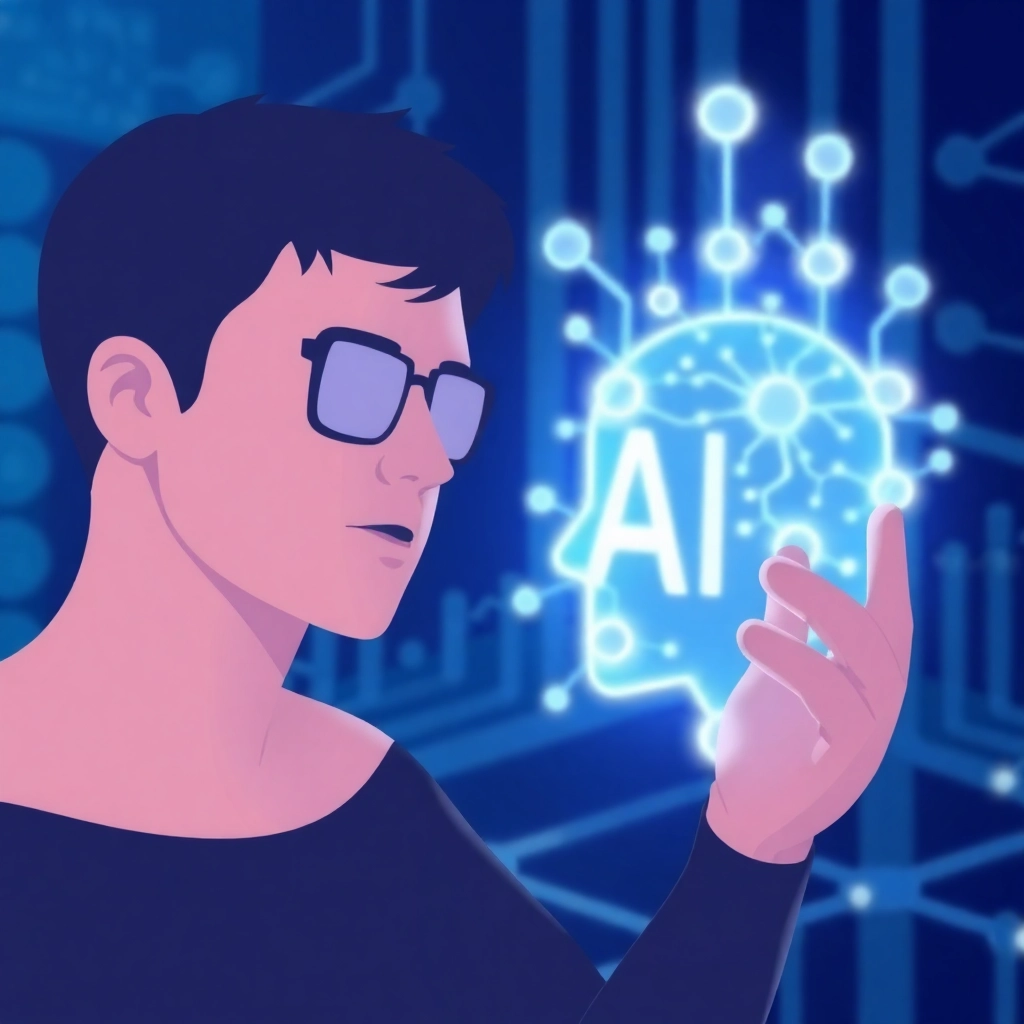[ad_1]
Our Executive Function series features perspectives from leaders driving transformation through AI.
Expedia Group’s brands including Expedia, Hotels.com, and VRBO power travel around the world. We spoke with Jochen Koedijk about the evolving CMO role, agents supporting travel marketing, how marketers can stay ahead in an AI-driven world.
You’ve led consumer marketing across multiple industries. How have you seen the role of marketing—and the CMO—evolve over time?
What’s become clear is how much more data-driven the field has become.
Data was applied mostly to digital and performance marketing, but now, with changing consumer media habits, cord-cutting, and connected TV, we’re seeing data and insights used across the entire marketing funnel. While it still requires creativity and emotional resonance, the science behind marketing has grown tremendously.
This shift demands a more experimental mindset. New behaviors, technologies, and methods constantly emerge, so you have to stay curious and agile. Embracing failure is important because early experiments often don’t succeed. But the increasing ability to identify causality in marketing actions is also incredibly exciting.
How is AI specifically helping in your role as a CMO? What advice would you give other marketing leaders as they embrace this transformation?
I’d break it into three areas.
- Insights and analysis: AI has already transformed how we operate things like lifetime value modeling and bidding systems with more scientific precision. Now generative AI is providing scale in descriptive analytics. I can be more hands-on across our marketing activities thanks to tools that help with summarization, trendspotting, and real-time analysis. Instead of relying solely on analysts, we now have access to on-the-fly insights.
- Productivity and creative development: Generative AI helps us produce content at scale—text, image, video, even for our brand ads. That’s a huge leap in productivity across our in-house marketing team.
- Consumer Behavior: Consumers are adopting new generative AI tools, which change how they search and engage. Younger users are especially shifting from traditional search to tools like ChatGPT. That forces us to rethink traffic acquisition; SEO alone isn’t enough anymore—we’re adapting to how people discover and interact with brands in these new environments.
“Generative AI has given me a lot more scale.”
With those shifts in behavior, do you see agents playing a role in the future of travel marketing?
Absolutely. There’s a lot of talk around agentic systems, and I see real promise. For example, if I regularly travel to New York for business, I might eventually just tell an agent, “I need to go again,” and it would handle everything based on my preferences. For leisure travel, people may still want control, but agents could provide curated options quickly.
The traditional process of performing 10 Google searches—flights to Thailand, things to do in Bangkok, etc.—can now be compressed into a few interactions That opens the door for brands to develop their own agents to complement human interaction. It’s an “and,” not an “or.”
Do you see opportunities for AI in strengthening customer relationships and loyalty?
Travel is a natural fit for generative search, and we’ve built a few demos with companies like OpenAI and others. The inspiration stage is powerful—turning dozens of searches into a single back-and-forth with an AI. But when it comes to booking, people still gravitate to trusted platforms.
That’s where programs like One Key come in. With it, we aim to maintain a relationship with the customer from inspiration through booking. Our loyalty tiers reward repeat usage and give us a strong foundation to grow those relationships.
“It starts with AI as a means to an end, and it’s not an end goal by itself.”
Companies sometimes struggle building AI fluency internally. How are you fostering that within your marketing organization?
It starts with recognizing that AI is a means to an end—not the end itself. Our goals are brand growth, traffic, and conversion. Once teams see how AI can accelerate those outcomes, they get motivated.
We’re lucky to have a full-stack in-house marketing team, including a marketing ML science group. But generative AI democratizes AI use. You no longer need to be a data scientist to get value from AI. That’s where fluency becomes key.
We’ve been successful by creating cross-functional teams—pairing creatives with ML scientists, software developers, and marketers to work on focused use cases. This creates a culture of experimentation and removes fear. People realize AI isn’t taking their jobs, it’s scaling their capabilities.
Have you seen tangible outcomes from this cultural shift?
Yes, we’re now able to create much more—and much faster. Travel is inspirational, and we have an enormous catalog: hundreds of thousands of properties and vacation rentals. Generative AI helps us turn that scale into compelling content—especially video.
We’ve pulled that content across brand campaigns, social, and organic at a speed that would have taken years using traditional methods. At the same time, we’ve used tools from OpenAI to moderate content quality—ensuring only high-quality, relevant assets get shown. That protects our credibility and boosts engagement.
“Generative AI […] means you don’t have to be a machine learning scientist to really utilize AI at scale.”
As we look to the future, what skills will marketers need to stay ahead in an AI-driven world?
It’s less about skills and more about mindset over skillset. You can teach skills—you can’t teach curiosity, openness, or a willingness to feel uncomfortable as you learn.
Marketers need to be willing to experiment and tolerate that discomfort with an expanding set of skills like prompt engineering, multimodal integration, and a desire to iterate relentlessly.
Lastly, it’s incredibly important to bring diverse roles together—creatives, developers, marketers—in order to create collaborative magic that unlocks entirely new ideas around AI’s impact.
Expedia Group uses OpenAI APIs to automate the process of identifying and correctly presenting images to customers searching on their travel sites. It is also using ChatGPT across its marketing department to power different creative use cases for its employees.
Keep reading
[ad_2]






